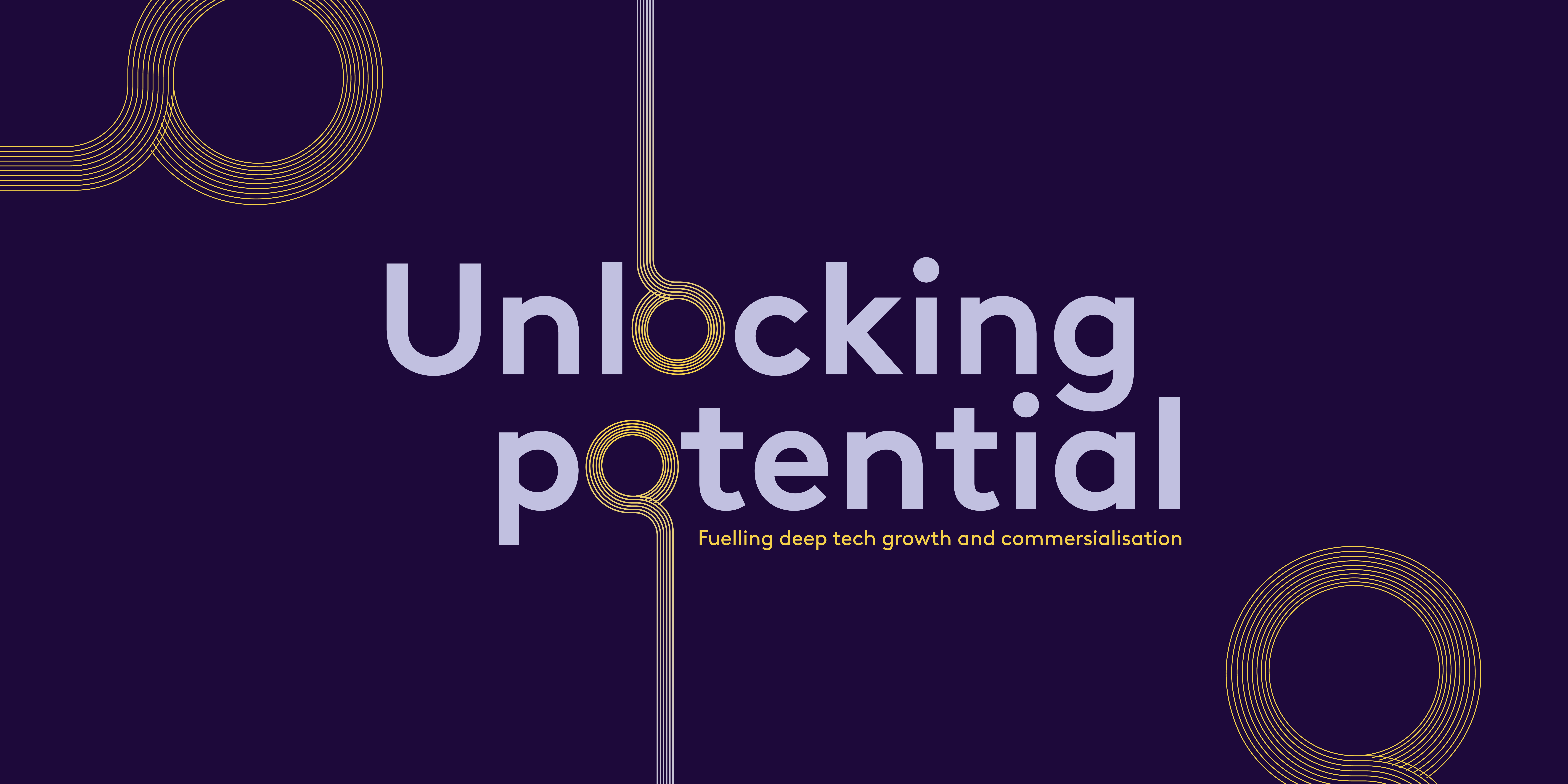What next for European healthtech?
When we sat down to work on our recent report, The Resilience of Early-Stage European Healthtech, we didn’t want to just offer a snapshot of how things are today. We wanted to explore some of the major challenges facing Europe’s health systems and highlight the opportunities they offer for founders with the vision to tackle them head-on.
The last five years have seen the European healthtech landscape change dramatically. From national systems right through to individuals at the patient level, expectations surrounding healthcare have shifted. Patients are dissatisfied with the service they receive, as it falls increasingly out of line with the convenience of digital consumer experience. At the same time, health systems are facing massive strain: ageing populations, the mounting burden of non-communicable disease and growing backlogs are just a few of the challenges they need to overcome.
Of course, Europe is far from homogenous – and different territories come with their own unique demands. But with prevailing trends touching lives across the continent, it’s clear that founders have a major role to play in shaping healthcare for the better.
Predictions are ambitious at the best of times. In times of rapid change, they’re even riskier. Still, our analyses of the various forces shaping healthcare across the continent point in distinct directions. Here’s how we see things shaping up in years to come.
Back to basics
Disruption can mean replacing the old with the entirely new, or it can mean leveraging pioneering tools to allow people to go back to basics. Administrative backlogs and regulatory constraints are just a couple of the obstacles standing between actors in European healthcare and what they do best. This year and beyond, start-ups have an opportunity to relieve these burdens and restore much-needed time for patient care and innovation.
With regulation struggling to keep up with the pace of innovation, simplifying the increasingly complex legal and regulatory backdrop of European healthtech stands to unblock a major pain point. Companies like Scarlet and UBAQ (a recent merger between Qairn and Claridian) are pioneers in the space, but there’s room for more, and an opportunity to shape the solution for regulation.
With doctors spending as much as a sixth of their time on administrative tasks, AI is poised to step in and help medical professionals get back to providing high quality, patient-centred care. Start-ups including Ufonia, Hippocratic AI and Tortus are driving a paradigm shift and others will follow, as innovation in AI and automation relieves the weight of admin and creates time and space for the standard of care patients across Europe should expect.
Touching lives
The Resilience of Early-Stage European Healthtech also explores some of the ways emerging technology stands to improve treatment for groups and individuals who have been overlooked in the past. As our awareness of the burden of mental illness grows, start-ups are responding with multi-condition offerings. We highlight the likes of Mindstep and Alena, two companies leveraging digital biomarkers to better screen for mental health issues in order to provide the right treatment plan.
We’re also anticipating a rise in the number of start-ups working to improve conditions for some of the most vulnerable members of society. Paediatric digital health holds enormous promise in making a life-changing difference to children and families with additional needs. Grayce is doing incredible work in the US and UK to provide personalised, clinically coordinated care for families with elderly care needs, alongside more general additional needs. Hibi offers digital support for families caring for children with additional needs or long-term or chronic conditions. But this field is still nascent, with vital work waiting to be done.
System support
Like European healthcare systems, the healthtech ecosystem is disjointed. The EU has called for greater integration and investment capital is waiting for the start-ups who respond. Companies such as Leyr, Keragon and Basebox are working hard to build the infrastructure healthtech start-ups need to scale, while elsewhere pioneers like Gesund are developing the machine learning operations layer needed to support the development and testing of AI models. Further digital and data infrastructure companies like Founda Health are building the foundations, infrastructure, and interoperability to enable a data-driven care continuum. But with the true impact of disruptive technologies still to be felt, the market is only going to grow.
It’s not just about supporting healthtech start-ups. Leading figures in health systems agree that the pandemic underscored the importance of procurement optimisation of digital health solutions. The various inefficiencies and barriers to procuring healthcare represent a real pain-point for businesses looking to support their employees. With a plethora of digital health point solutions on the market, start-ups that can help businesses cut through the noise and support the health of their workforce face a major opportunity. Syndi and Healthkey are two great examples of businesses in this space, but as the importance of employee wellbeing grows, others will be needed to speed up the sales cycle for providers, insurers, and pharma.
As we wrote at the beginning, predictions are always a risky business. We’ve made ours based on robust analysis, alongside input from leading industry figures. Find out how we reached our conclusions – and read more of our insights – in our latest report, The Resilience of Early-Stage European Healthtech.














